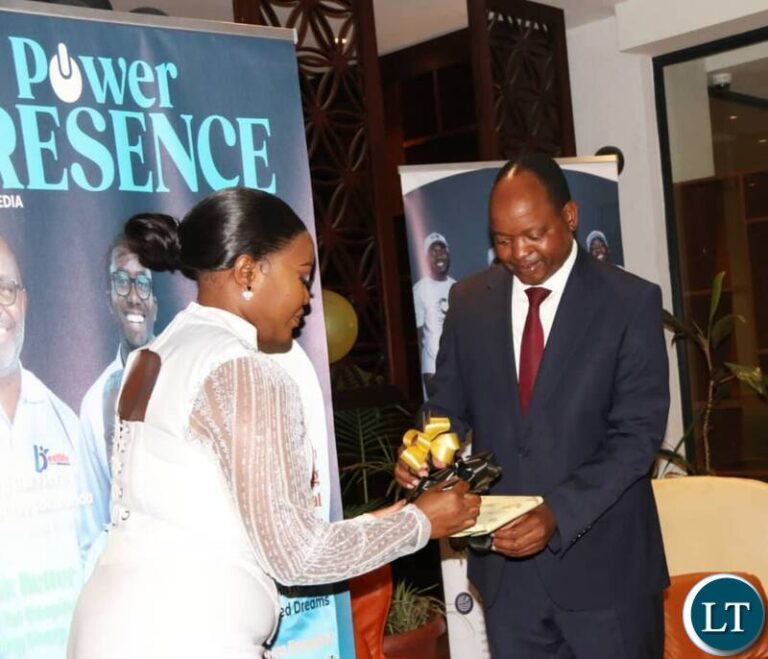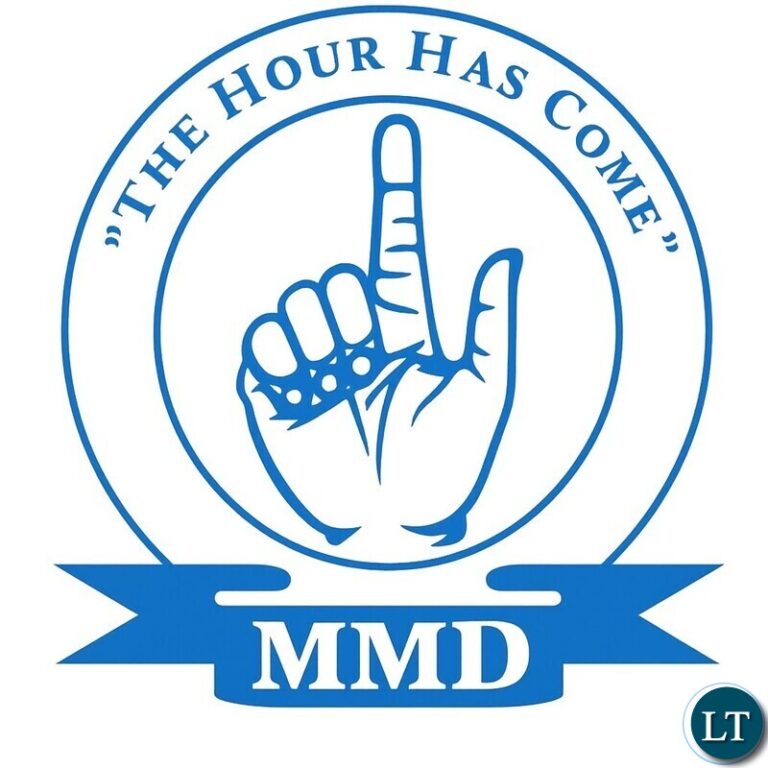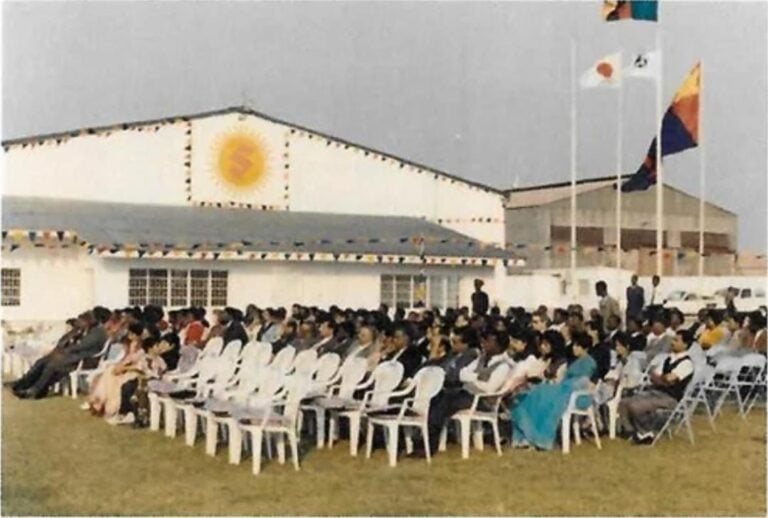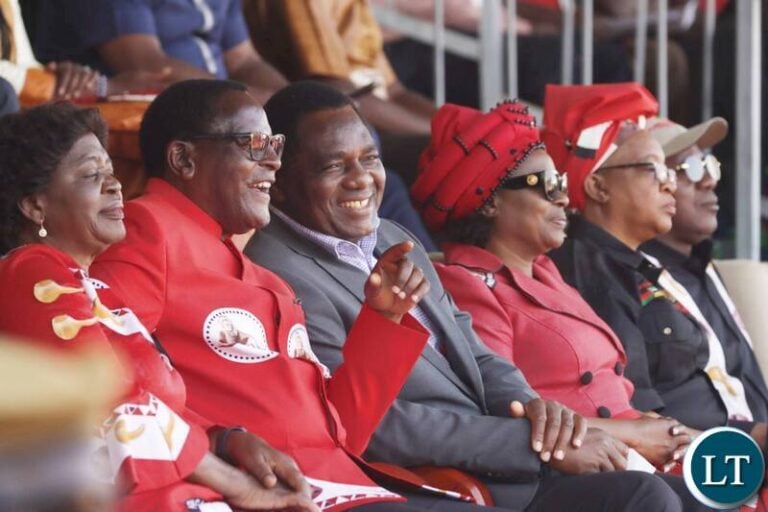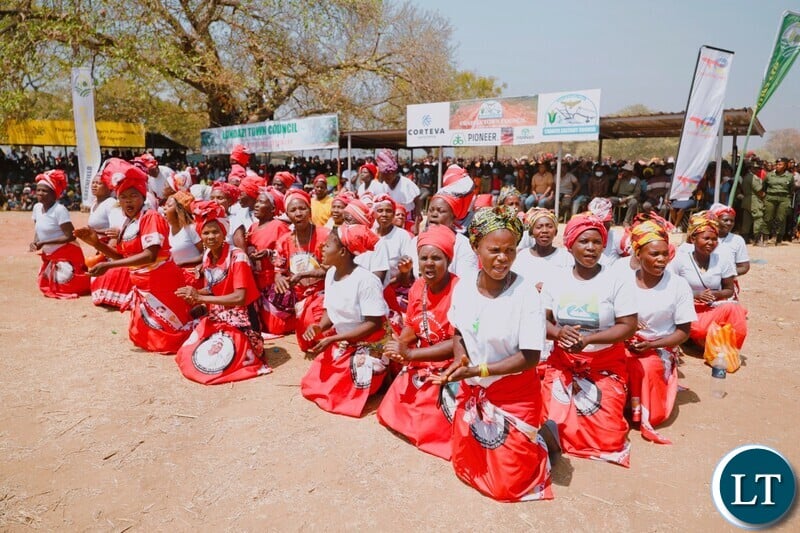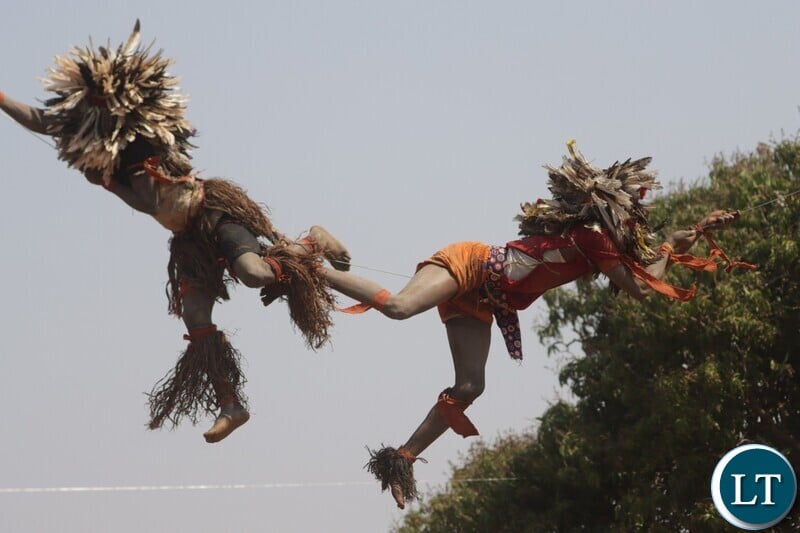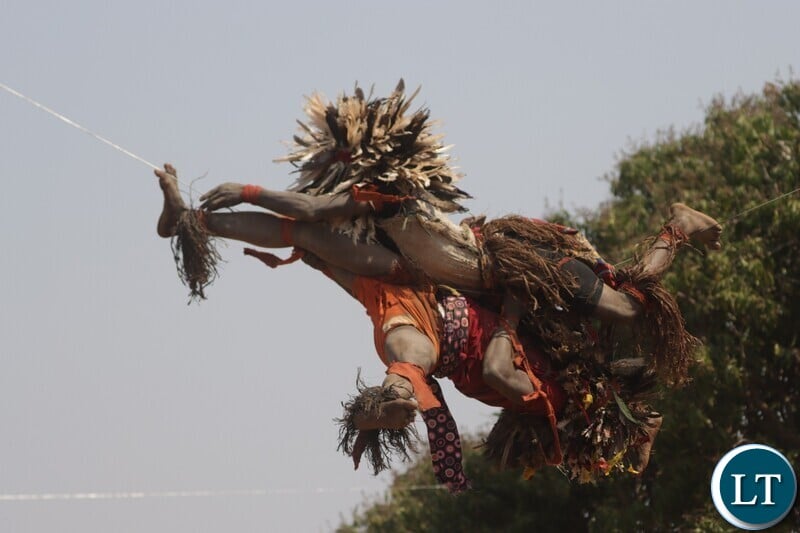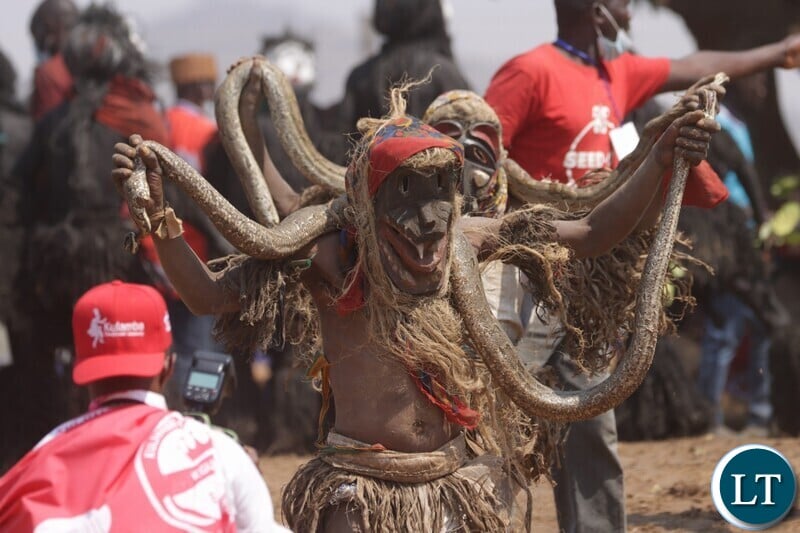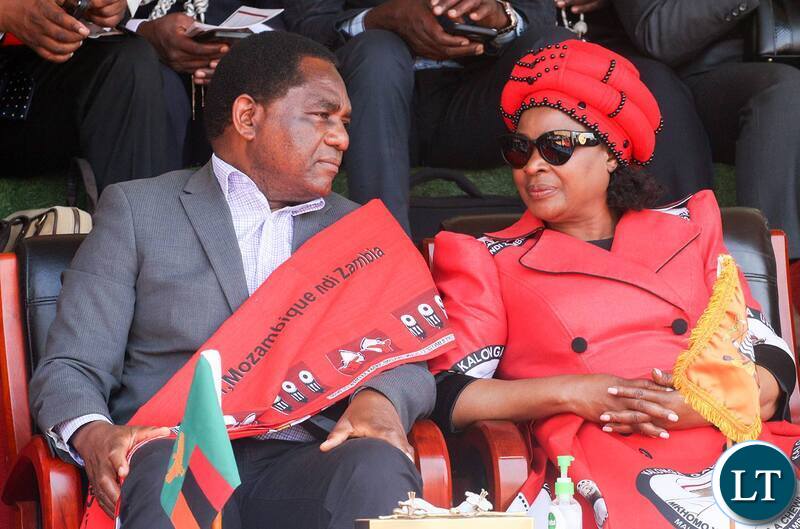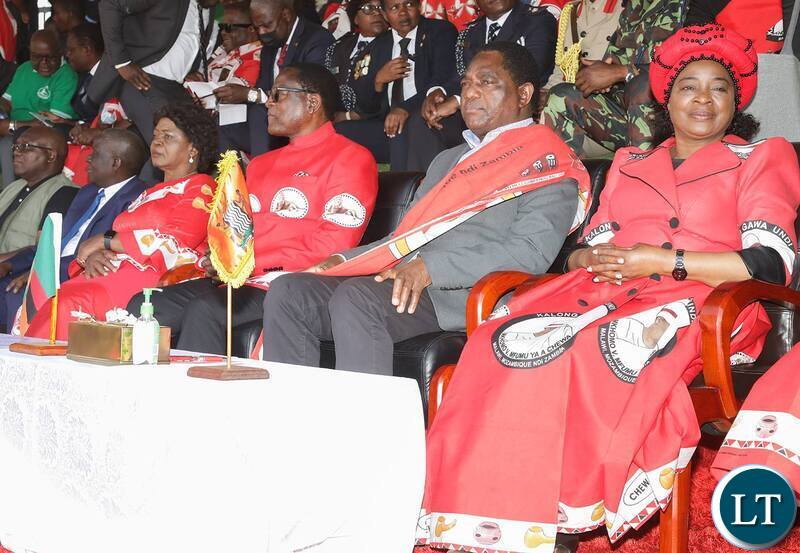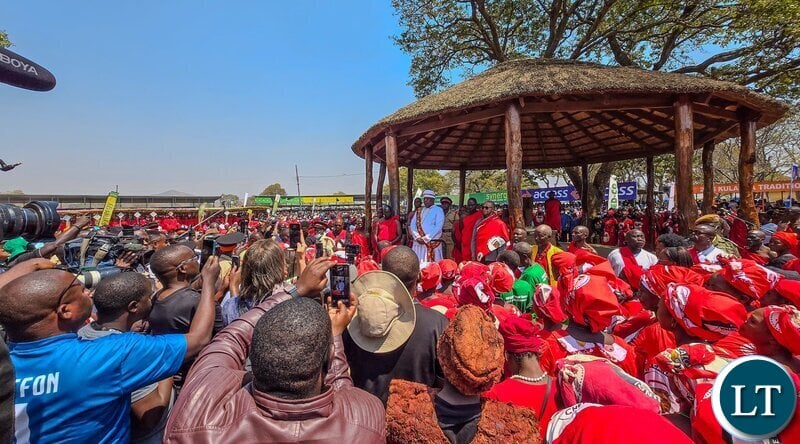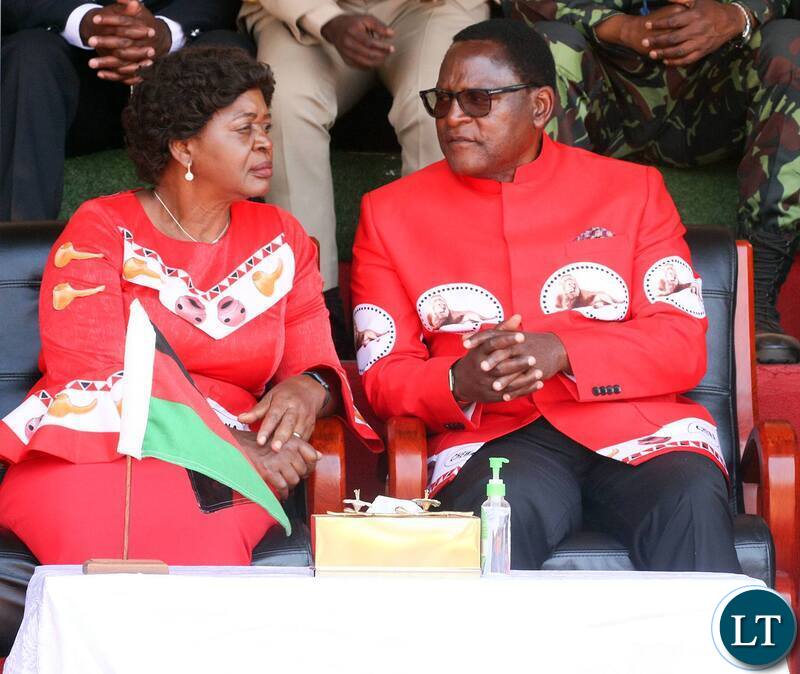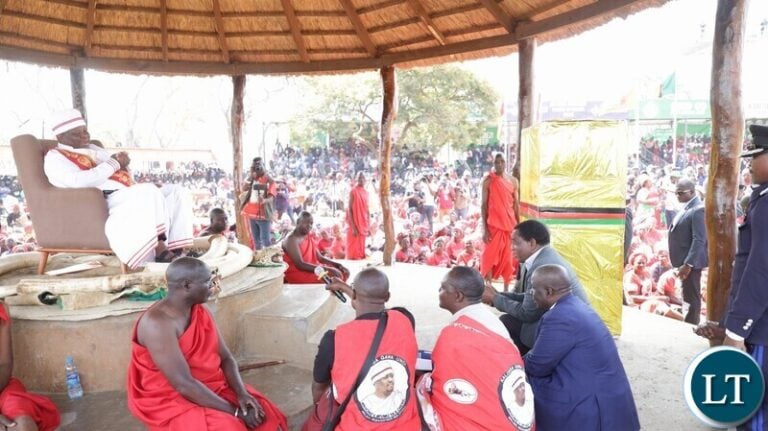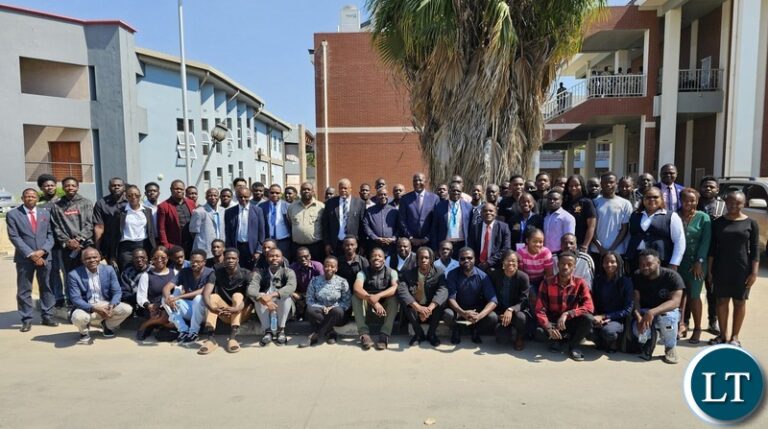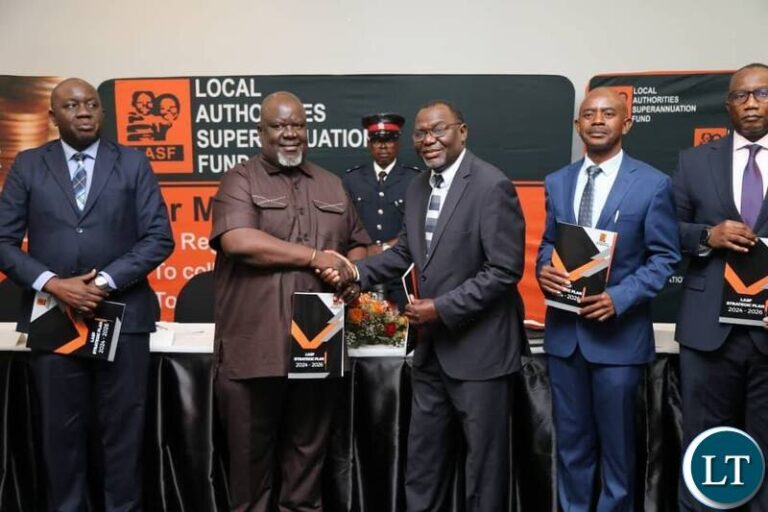Sun Pharmaceuticals Limited has protested the detention of its director, Mr. Uddit Sadhu, in Dubai after an Interpol Red Corner Notice requested by the Zambia Police. The company, operating in Zambia since 1978, says the move is malicious and undermines due process. It links the action to a long-running legal dispute over a multimillion-dollar judgment debt, which courts in Zambia have consistently ruled in its favour. Despite repeated victories, the directors allege harassment, including abductions and forced attempts to cede shareholding. The firm has vowed to contest the notice and has informed the Indian High Commission. Below is the Full Press statement
PRESS STATEMENT BY SUN PHARMACEUTICALS ON THE DETENTION OF ONE OF THE DIRECTORS, IN DUBAI, UNITED ARAB EMIRATE, AN ABUSE OF DUE PROCESS BY THE ZAMBIA POLICE
SUNDAY 31ST AUGUST 2025
We are Indian nationals resident in Zambia since 1978, ordinarily residing at Plot Number 10968, Lunsemfwa Road in Lusaka, Zambia.
We are shareholders and Directors in Sun Pharmaceuticals Limited, a Zambian company registered and operating in the country.
We wish to confirm that one of the directors of the company , Mr. Uddit Sadhu has been detained in Dubai following an Interpol Red Corner Notice that has been issued by the Zambia Police in Zambia.
We have been alarmed by this action as it amounts to an abuse of due process.
This Notice has been issued with clear and utter malice to deliberately dent the name of the directors.
At the heart of this dispute is a judgment debt worth millions of dollars successfully litigated and won by Sun Pharmaceutical in the courts of law in Zambia.
Recently there have been repeated attempts to deprive the company and its shareholders access to this legitimate compensation.
It must also be noted, as recorded by the case in the Lusaka High Court, the two Directors Vinod and Uddit Sadhu, who were abducted on 29th September 2022, held at undesignated facility for hours and later transferred to Chelston Police Station, have sued the State and Police Officers for this unjustified kidnapping and inhuman treatment.
During this scary ordeal, attempts were made to force them sign and surrender their shareholding in Sun Pharmaceuticals company.
The Directors have since sued the persons identified and involved in this abduction in the Lusaka High Court (witness statements attached hereto) (Case no. 2023/HP/2001).
The allegations that form part of this complaint and brought by the family of the estate of Mr. John Kalenga have no merit and they have been dismissed – as demonstrated by numerous judgments won by the shareholders.
These findings and facts have been thoroughly established in the High Court, Court of Appeal and the Supreme Court.
The Sadhus have single-handed pursued the case they made of making overpayment of the loan and interests to the Development Bank of Zambia obtained earlier by the previous owners that failed to settle the loan and faced both seizure of equipment, permanent security provided and threat to the viability of the company.
Further allegations that the shareholders fraudulently changed the shareholding structure of Sun Pharmaceutical Zambia to deprive the late Mr. John Kalenga of co-ownership have been dismissed repeatedly by the courts-of-law and law enforcement agencies such as the Drug Enforcement Commission and the Anti-Corruption Commission.
Even institutions such as the Law Association of Zambia (LAZ) have come to the same conclusion in a matter that brought before the Legal Practitioners Committee by the Kalengas against our previous lawyers, George Kunda &Company.
It must be stated that when the Directors finally won the case against DBZ, they secured the title deeds of Stand No 6888, Freedom Way, offered as security against the loan and were gracious, not to retain as part of the assets, but to hand back this to the Kalenga family estate in 2012.
Further, it must be emphasized that the Kalengas have repeatedly lost the case in the court of law in which they have challenged the current shareholding structure in Sun pharmaceuticals.
Recently their have been further attempts to have the company illegally wound up and when that failed too, they have brought numerous other actions to try and place the company under business rescue which applications have failed too.
Recently we have learnt with concern that there is now purported arrest warrant that was allegedly issued in August 2022.
This was shocking as no warrant was shown or demonstrated the entire time the Sadhus were in the country.
We have since taken a second case seeking in the Lusaka High Court a Judicial Review ( case no. 2025/HP/0689).
It is clear that during the period of this dispute, the Kalengas, having failed to achieve what they want through the Courts of law, they have now employed the services of the Zambia police who in abuse of authority issued a warrant of arrest for the directors.
It is therefore an act of disgrace that some elements in the Zambia Police are being used to pursue false allegations that have been settled independently by the courts of law and by law enforcement agencies, and in this case to the extent of issuing Interpol warrant or notice.
This is a clear attempt to further intimidate us and impede the pursuit of justice in the upcoming abduction trial scheduled for September 2025 – where these rogue individuals face scrutiny of law.
As regards to the Interpol Red Corner Notice, a process has commenced to challenge its validity and demonstrate that it has been issued outside the law.
In light of the gravity of the matter, a complaint has been filed with the Indian High Commission in Zambia about this matter.
BRIEF BACKGROUND ON SUN PHARMACEUTICALS
Sun Pharmaceuticals began as Frank and Hirsch (Northern Rhodesia) Ltd in 1963. It was a sister company of a business in South Africa.
In 1974, a proposal was made to establish a production facility for writing pens, sunglasses and disposable medical syringes, but the policy of nationalization at the time dissuaded the owners to make such an investment.
They exited the business, selling it to a company in which local bottle store owner and politician, Late John Kalenga, had an interest.
On 25th February, 1982, the company signed a loan agreement of $670,000.00 to borrow from the Development Bank of Zambia (DBZ) to revive the disposable syringe project and factory. DBZ granted the loan with extremely favorable terms for a repayment of six years.
It took six years for the company to import the equipment which finally arrived in 1988.
Due to the failure to pay counterpart fees, the project failed. The imported factory equipment, in form of complete knock down equipment was held at Manica freight for a further three (3) years, where demurrage and storage fees were accumulated and the assets were damaged due to storage in the open air.
Further, Frank & Hirsch having failed to settle outstanding interest arrears and loan repayments, entered into a Consent Judgment with DBZ to pay K 4.8 million before 31st December 1990 and thereafter service loan repayment in installments of US $ 50,000 every quarter, which also they failed to honour.
It is at this stage that Mr. Vinod Sadhu, who had emigrated to Zambia in 1978, became aware of about the Frank and Hirsch manufacturing of disposable syringe project. Mr. Sadhu was an investor supplying the mines with mining equipment, special steel products and special tools. He also had interests in engineering and manufacturing sectors.
He met Mr. John Kalenga who expressed deep anxiety, as he was at the verge of losing the equipment and feared financial ruin.
Mr. Sadhu found the project viable as disposable syringes were in high demand as a result of the new HIV/AID pandemic and the health recommendations that directed that persons could not share or re-use the syringes.
Therefore in 1991, Mr. Vinod Sadhu, through his holding company, acquired a majority stake in Frank and Hirsh.
He immediately moved the company to the headquarters of the sister company, Sunvest Limited at Mpelembe House, Broadway Ndola.
He immediately cleared the outstanding payments to the Development Bank of Zambia.
He also paid for the backlog fees of demurrage charges and storage fees at Manica Freight and transported the equipment stored crates to his warehouse in Ndola Heavy Industrial area.
He further invested for the balancing equipment not purchased earlier and commissioned the project with the technical assistance of DEMAG of Germany, constructed a high-tech, fully sterilized plant and first class support infrastructure
He renamed the company from Frank and Hirsch to Sun Pharmaceuticals. This change aligned with the identity of other companies under the group.
Finally official opening of the new Sun Pharmaceutical plant took place in July 1994 and was graced by senior government officials led by the Minister of Health, Mr. Michael Chilufya Sata. Mr Sadhu further injected additional capital funds to expand the business. these actions rescued a project that failed to take off for nine years and rescued the company completely.
As recorded in the Judgement in the Ndola High Court (1995/HN/307) Mr. Sadhu was the new shareholder who took over Frank and Hirsch, invested in substantial capital resources and changed the name of the company. He further injected in a sum of $4 million to clear the balance of the equipment, to complete and commission the project.
Signed
Vinod Sadhu
Managing Director
Sun Pharmaceuticals Limited




